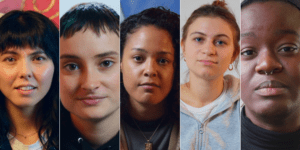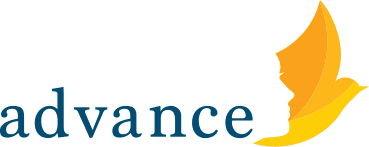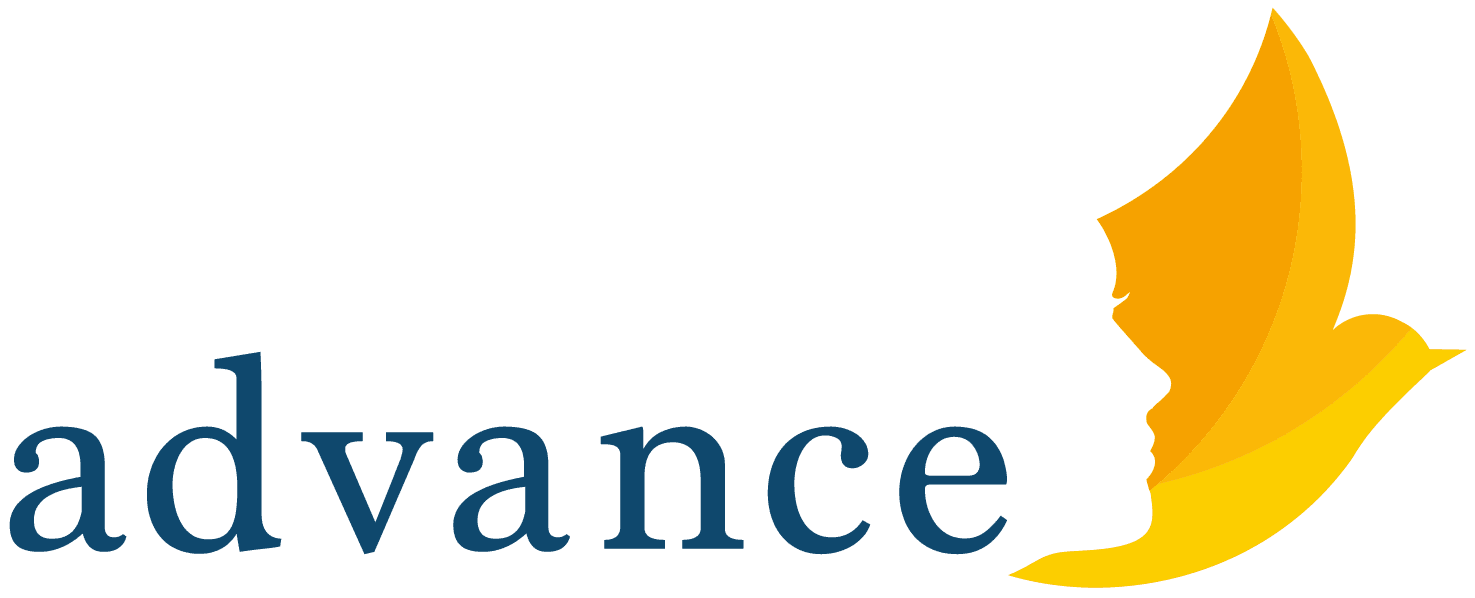What do you like most about your job?
I like helping girls who are under 18 years old because they often find it hard to reach out and ask for support. They don’t know where to start. The best thing a young woman has ever said to me is: “Michigan, honestly from the bottom of my heart, thank you for helping me get my independence back. I’m ready for a brand-new life.”
What skills do you need for this type of frontline role?
The number one skill is being a good listener because the girls confide in you. It might well be the first time they’ve confided in anyone. You need to be empathetic and emotionally resilient, as the things you hear can be very harrowing.
You also need to be organised and good at time management so you can prioritise your caseload. You might have numerous women with high support needs and you have to make rational decisions based on the level of need.
Finally, you must be able to work as part of a team and with a variety of other organisations and professionals, including the police, social services, schools and counsellors.
How did you get into this area of work?
My previous job was as a mentor in sixth form college for women and men but I always knew I wanted to work with girls. I always wanted to move from Bournemouth, where my parents live, to London to be in a more diverse environment. I studied psychology at university, did an MA in sports psychology and then I was an au pair in Australia for two years, so I’ve had an unusual career route.
What’s the most rewarding thing you’ve done at Advance?
I enjoyed working with the ‘I Love My Loud Voice’ scriptwriter on the five short films telling young women’s real-life stories. I also love doing workshops in schools and colleges about healthy relationships, domestic abuse and how to get help.
What does an average day look like for you?
In an average day I’ll go to one of our Advance offices, log in to my emails, check texts from our young people and see if I have any face-to-face meetings coming up. Appointments last around an hour each and I might need to fill out a safeguarding form or MARAC (Multi-Agency Risk Assessment Conference) referral.
Then there could be a school visit, so I’ll meet the teacher and safeguarding lead to run through my presentation in case there might be anything triggering for their pupils. Every time we do a school workshop we complete an evaluation afterwards, thank the school and ask if they’d like a follow-up session. When we go into schools and Pupil Referral Units, we go in a pair or trio as ‘buddies’ so we can give the young women more individual attention.
Where do you see yourself in 10 years’ time?
I hope to still be working with young women and girls and I’d aspire to open my own refuge for this group, because they are less well-catered for than older women. They really need specialist services that understand their lives.
Download our free toolkits for young women and girls

We’ve recently launched a series of interactive toolkits for parents and education professionals to use when talking to young people about healthy relationships and domestic abuse. Designed for three different age groups, they include advice, activities and access to our film, ‘I Love My Loud Voice’. Download the toolkits for free here.


